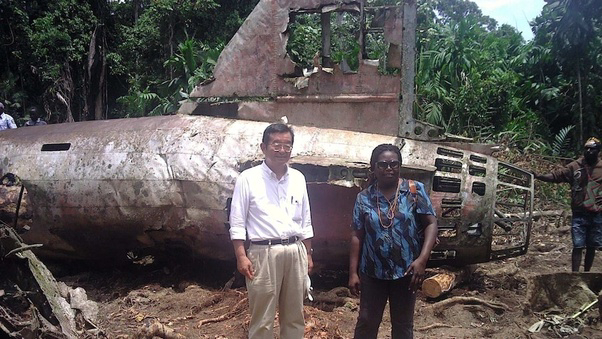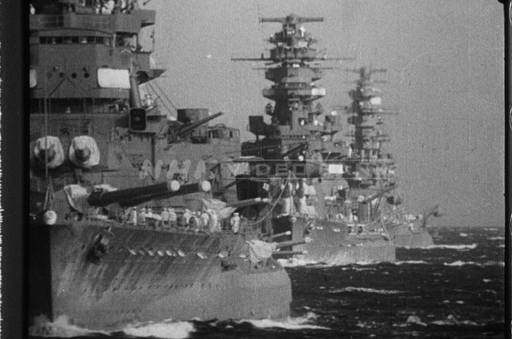

What happened to Yamamoto after the attack on Pearl Harbor?
What happened to Yamamoto after the attack on Pearl Harbor? After the attack on Pearl Harbor, Admiral Isoroku Yamamoto, who was the mastermind behind the surprise assault, continued to play a significant role in Japan’s military strategy during World War II. Although the Pearl Harbor attack was initially a success, Yamamoto had reservations about Japan’s ability to sustain a prolonged war against the United States, largely because of America’s superior industrial and military capacity.
Here’s a summary of key events following Pearl Harbor:
Battle of Midway (June 1942):
Yamamoto led Japanese forces in a plan to capture Midway Atoll, hoping to draw out and destroy the U.S. Pacific Fleet. However, American codebreakers deciphered the Japanese plans, leading to a decisive U.S. victory and a major turning point in the Pacific Theater. The defeat dealt a severe blow to Japan’s naval strength and hindered Yamamoto’s strategic goals.
Continued Command and Operations:
Despite setbacks, Yamamoto remained in command and continued to lead Japan’s naval operations. His influence and strategies were critical to Japan’s attempts to maintain control in the Pacific. However, his earlier doubts about Japan’s ability to sustain a long war were increasingly justified.
Death (April 18, 1943):
Yamamoto’s life ended abruptly after U.S. forces intercepted communications that revealed his itinerary for a tour of frontline bases. Acting on this intelligence, U.S. Army Air Forces launched “Operation Vengeance,” sending P-38 Lightning fighters to intercept his plane over Bougainville in the Solomon Islands. They successfully shot down Yamamoto’s plane, resulting in his death. His loss was a considerable blow to Japanese morale and strategy.
Yamamoto’s legacy is complex. Although he was responsible for Pearl Harbor, he recognized Japan’s eventual disadvantage and was skeptical about a long war with the U.S. He remains a respected figure in Japan for his leadership and strategic vision.




